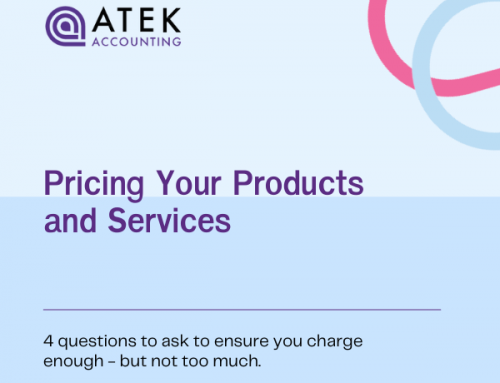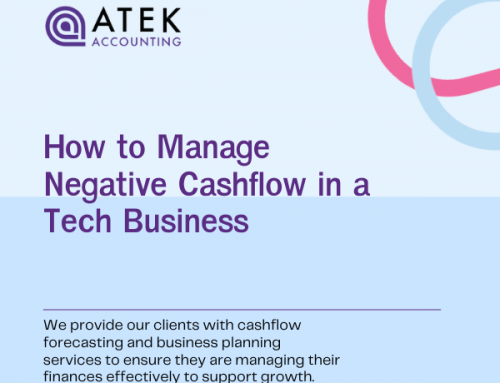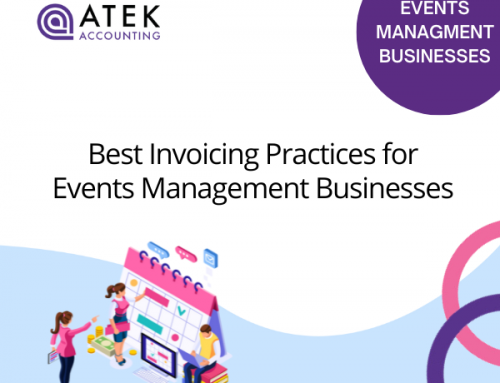
Cash flow management is crucial to the financial health of your business, but it can be especially tricky to handle for events management businesses that are seasonal.
Peaks and troughs can have you wondering how you’re going to survive the slow months, let alone grow and improve your business. Fortunately, we have several strategies that can help you manage your seasonal cash flow and help your business thrive year-round.
Here’s How to Manage Seasonal Cash Flow:
1) Identify the Slow Season
The slow season is obvious for some businesses. If your business has a focus on the fair weather of the summer, for example, then you will see lulls during the winter. For businesses focused on corporate events, the ups and downs may depend on the industry you serve.
It’s important to review your financial data so that you can identify seasonal lulls and predict your expenses during those times.
2) Maximise the High Season
Your peak season will see a big influx of cash, which you will then need to see you through the slow season. It’s important to maximise your earnings during the high season so that you are prepared for quiet times of the year.
One way to do this is to create a sense of urgency; make it clear to your clients that you are preparing for the peak season, and if they want your services or products, it’s best to book early. Restaurants, for example, often send out emails about booking corporate Christmas parties six or even nine months before the festive season begins.
You should also work hard to generate more revenue from existing clients or customers through upselling. For service-based businesses, it’s a good idea to get clients on a retainer so that you will have a guaranteed income, which can prove really helpful to your cash flow during your slower season.
3) Speed Up Payments
It’s easy to let late payments slip under the radar during high season when sales are booming and your business is flush with cash. However, it can prove devastating during your slow period. It’s important to make fast payments a priority year-round in order to protect your business.
A study by Atradius found that businesses lose over 50% of the value of their receivables that aren’t paid within 90 days. This means that the longer you wait to chase up on an unpaid invoice, the less likely you are to receive any money at all.
It’s important to send invoices as soon as possible and make your payment terms abundantly clear. It’s also worth considering shortening your payment terms because digital communication and payment methods have made it much faster and easier to pay than it was back in the days of cheques and snail mail.
If a client’s payment deadline is approaching, you should send them a polite reminder. Fortunately, your accounting software can automate this for you, so you don’t have to spend hours working out who owes what and when.
Finally, if you find that you are frequently dealing with late payments, it may be worth adjusting your terms to require an upfront deposit or introducing late payment fees.
4) Find New Streams of Revenue
Seasonal businesses can really benefit from finding new streams of revenue to see them through slow periods.
For example, wedding photographers experience their busiest times of year during the summer. Selling digital prints or photography courses could really help supplement their income during the winter. Similarly, outdoor festival organisers might offer indoor event services during the colder months.
Think about how you can extend your expertise into profitable new areas.
5) Lower Costs
You will still have operating expenses to think of when business is slow, and you may also need to spend money in order to prepare for the next busy period. Fortunately, there are ways to keep costs down during the slow season.
It’s a good idea to hire contractors or temporary employees on zero-hours contracts during the busy period so that you won’t be forking out for wages when business slows down.
Skip leasing equipment can also help to take the pressure off of your business and make cash flow management easier during quiet periods. This type of lease allows you to make payments during peak times and stop them during your yearly troughs.
Furthermore, if you have office space that you don’t use during slow periods, it could be worth renting it out to other companies. Startups in particular may be open to the possibility of a short-term sublease.
Cash Flow Management for Seasonal Event Businesses
Running a seasonal business can certainly be challenging, but by implementing the above strategies, you can get a handle on your cash flow and plan ahead to ensure that your business survives the quiet times of the year. Adequate preparation will help your business maximise the high season and minimise the impact of quieter periods.
Atek Can Help You Manage Your Cash Flow
At Atek, we help businesses better understand their finances so they can make the best decisions. We can work with you to clarify your seasonal fluctuations and make a plan to optimise your cash flow management. Want to get started? Contact us, and let’s chat.












